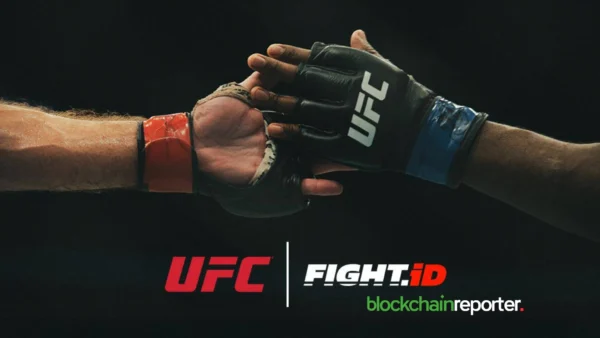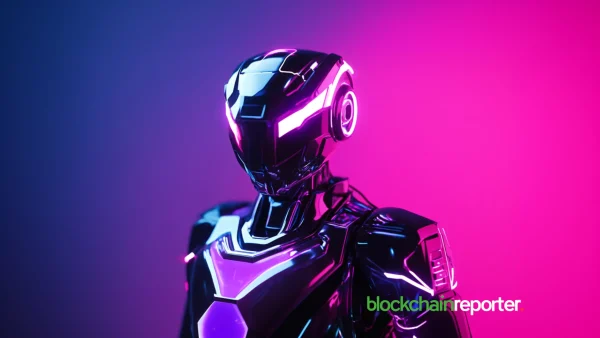
There has been a lot of hype around decentralized exchanges, and many within the DLT community regard them as the future of cryptocurrency, in conjunction with atomic swaps. However, the reality is that, as per all the latest data, decentralized exchanges are not living up to the mark. Generally, they are unsafe, and still centralized in a number of areas.
The Data on Decentralized Exchanges
Bancor is a case in point. Bancor is the only market maker on its platform. While Bancor claims that it is not specifically a decentralized exchange and all orders are executed against its smart contracts as opposed to connecting buyers and sellers, the results and actions are quite similar to centralized exchanges. It suffered from a USD 23 Million hack due to a smart code vulnerability and froze user funds.
The ability to freeze user funds is an automatic failure on the principles of decentralization. According to a Tweet from litecoin founder Charlie Lee –
“An exchange is not decentralized if it can lose customer funds OR if it can freeze customer funds. Bancor can do BOTH. It’s a false decentralization.”
Ox is another example. It is more diversified than Bancor in one sense, as there is a large range of market makers and traders. However, most trades are routed through a smaller number (about 17) of ‘relayer startups’. Each relayer has their own proprietary software which cannot be inspected by the public.
It also remains to be seen if decentralized exchanges (DEXs) can handle the trade volume of their centralized counterparts. Aside from the question of whether or not these exchanges are truly decentralized, there are many technical pitfalls thus far. Most DEX models only allow the swap of one cryptocurrency for another, and it is currently difficult to imagine decentralized KYC, decentralized order-books, and decentralized market makers. DEXs do have a future, just not in the short or medium-term.
Solutions?
ETERBASE is an exchange built for security, efficiency, and regulatory compliance. It is designed with compliance in mind, and it aims to be the first cryptocurrency exchange that will be able to offer bank accounts and debit cards to customers, through the acquisition of an EMI license. It is also suited to institutional investors and high volume traders.
Coinbase is another alternative. Cryptocurrency and fiat deposits are insured, and they are working closely with regulators. Security on the Coinbase platform is among the highest in the world.
Binance and Kucoin are also attractive options based in the East. Although they are less regulated and do not have as many features, fees are low, and they have a wide variety of the latest cryptocurrencies.
It is more likely that centralized exchanges will be fully regulated and operational, and over time will become more decentralized as the technology becomes available. Decentralization is a multi-faceted issue, and exchanges that claim to be decentralized are failing on multiple fronts. They are not truly decentralized, but decentralized in some areas and centralized in others, like all cryptocurrency exchanges.









